The Trademarks Of A Healthy VS An Unhealthy Relationship
A Guide To Creating Better Relationships

While no relationship is perfect, a healthy relationship allows both parties to feel respected, supported, and safe.
Signs of an unhealthy relationship are often overlooked as a normal part of a relationship. However, it's important to recognize the signs and take action before your love turns into self-destructive behaviors.
Healthy relationships are based on mutual respect and trust. Allowing me to grow as a person by giving and receiving support from my partner.
On the other hand, an unhealthy relationship can feel like walking on eggshells most of the time, if I don't feel free to pursue my interests or hobbies because it might offend or upset my partner.
I may find myself constantly making excuses to justify my partner's behavior.
The trademark of any healthy relationship is recognized by mutual respect's boundaries, trust, equality, honesty, and support.
In this article, I want to share what I have learned about healthy relationships VS unhealthy relationships.
Disclaimer: I engaged in destructive relationships for more than a decade before I finally mustered up the courage to confront my dark side.
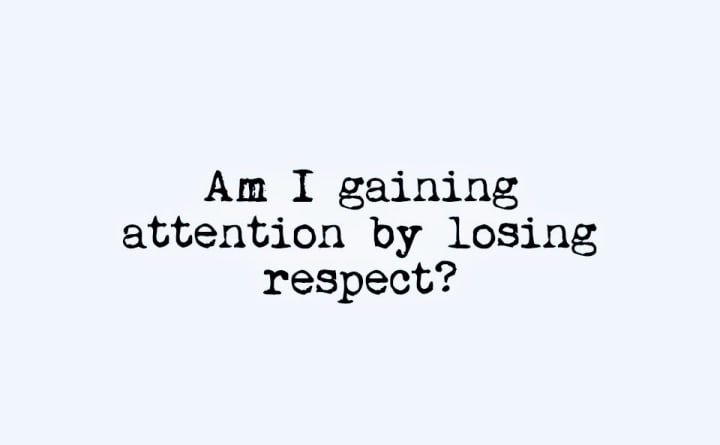
Respect VS Disrespect
In respectful relationships, My partner and I respect and support each other's values by showing understanding, respect for boundaries, beliefs, and opinions.
In a disrespectful relationship, my partner disrespects my values, opinions, and interests and might even purposely sabotage something important to me.
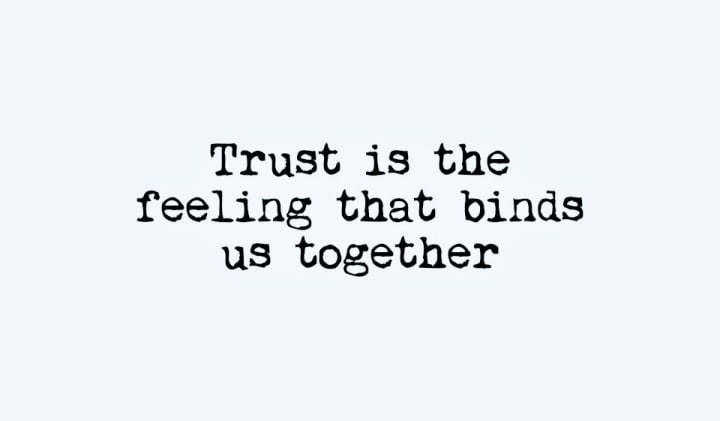
Trust VS Jealousy
In a trusting relationship, my partner and I trust in each other, and we feel comfortable doing things separately and respecting each other's privacy online.
In a jealousy relationship, most actions are driven by low self-esteem or a poor self-image.
Jealousy is a three-part emotion:
1. There is a perceived threat, and I may feel losing someone
2. There are negative thoughts
3. There are direct negative actions, like attacking my partner
There is a high amount of control due to unrealistic expectations about the relationship.
I like to explain Jealousy as an overwhelming feeling of insecurity about a potential loss or inequity in the distribution of resources in the relationships.
While Jealousy generally has a negative connotation, it is an emotion that can be very helpful, informative, and educational in my personal development.
It all comes down to what I do with my Jealousy and how I move forward.
Examples of Jealousy:
Not trusting my partner when we are not together, checking my partner's social media to see what she is doing, being convinced that she is cheating on me, and attempting to control my partner's behavior.
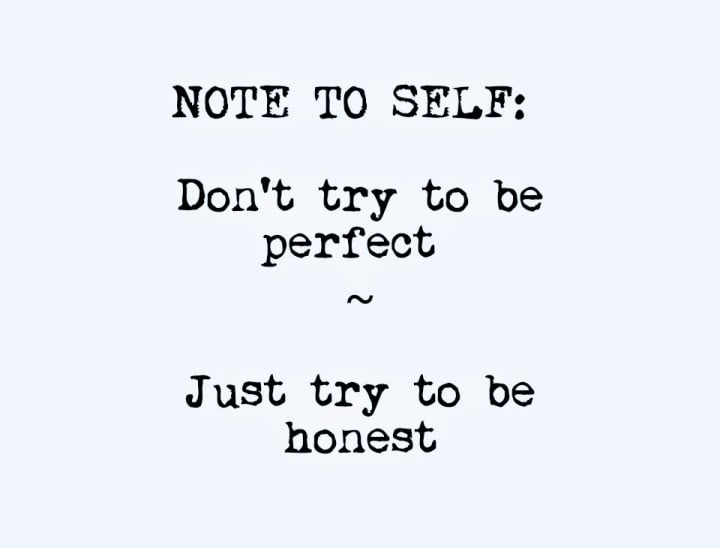
Honesty VS Betrayal
In honest relationships, a quality I see repeatedly is being fair and truthful. However, it is not always easy to be truthful and open with my partner and talk together about what we both do if I have an underlying fear of a negative response or being judged.
Most of us learn the game of punishment and rewards very early in childhood, so we start to hide small things to get what we want (the reward)without the punishment
Unfortunately, this behavior can lead to betrayal.
Betrayal is based on two components:
1. Deception (not revealing my actual needs to avoid conflict)
2. Yearning for emotional connection from outside the relationship.
Examples of Betrayal:
I am deceitful, hiding important things from my partner, or threatening to make private life public to gain control, conditional love, and emotional withdrawal.
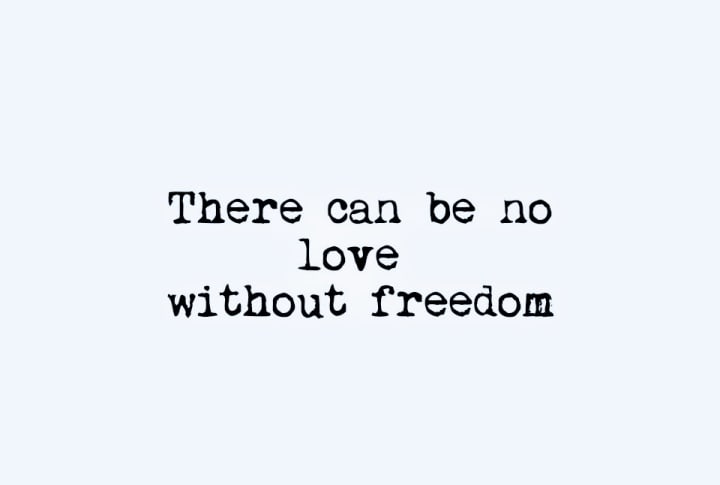
Individuality VS Control
Individuality: I don't compromise with who I am, and I allow my partner to have her own identity. I take responsibility for creating space and freedom in the relationship.
Control: I make all the decisions and tell my partner what to do, what to wear, and who to spend her and with whom.
Examples of control:
I insist on having complete control over my partner's finances and that she reports back to me for all the money she has spent or forcing her to hand over any money she may have to me. I try to isolate her from her friends and family or manipulate or gaslight her.
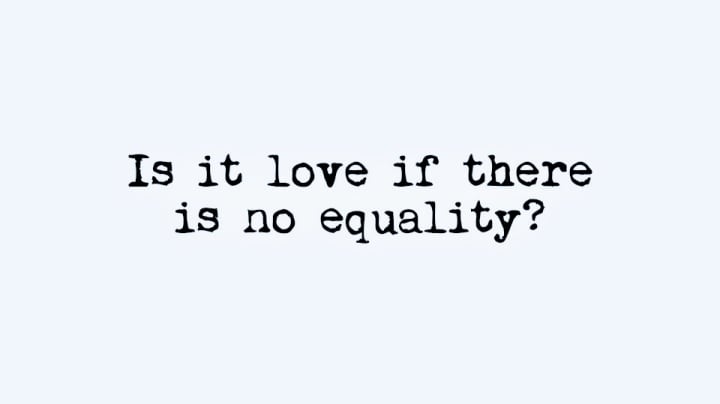
Equality VS Manipulation
Equality: My partner and I put the same amount of effort into the relationship, making most relationship decisions together.
Manipulation: I call all the shots, ignoring my partner until I get what I want. I manipulate her into feeling guilty or responsible for her actions like everything is her fault.
Examples of manipulation:
I threaten to hurt my partner or myself if she doesn't say what I want to hear or stay with me.
I use gifts and apologies to manipulate her opinions and decisions or cover-up for my abusive behavior.
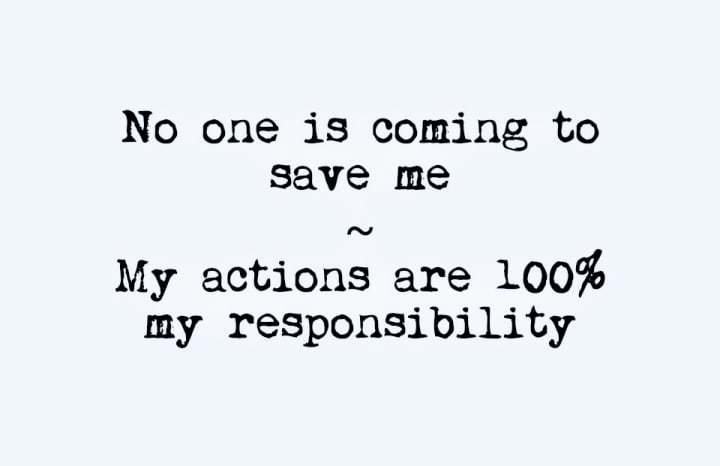
Responsibility VS Deflecting Responsibility
Taking responsibility: I take responsibility for my actions and words.
I work hard to avoid blaming my partner and own up when I make mistakes or respect my partner's boundaries.
I do my best to avoid taking things out of my partner when I get upset, and I try to make positive changes to better our relationship.
Deflecting responsibility: I make excuses for my behavior, blame my partner, other people, my boss, playing the victim card.
I use alcohol or drugs as an excuse or use any mental health issues or past experiences (like a cheating ex or divorced parents)
Examples of deflecting responsibility:
I use drugs or alcohol as an excuse, past experiences, or mental health issues like a cheating ex or divorced parents to justify my unhealthy behavior/lack of responsibility.
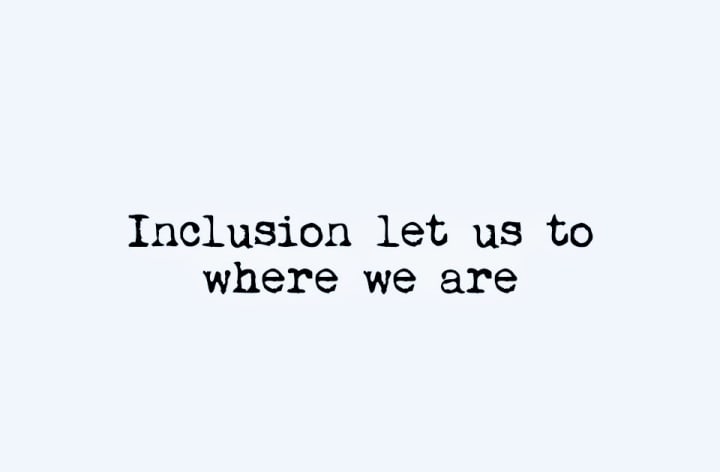
Inclusion VS Isolation
Inclusion: I encourage my partner to socialize and stay in touch with friends and family.
Isolation: I manipulate my partner to keep her away from friends and family by insisting that she chooses her family and friends over me.
Examples of isolation:
I spend all my time with my partner, which makes me feel dependent on her for money, love, and acceptance.
NOTE: Social isolation is a form of abuse is and domestic violence. If you or someone you know is experiencing social abuse, it is not only OK to ask for help but necessary.
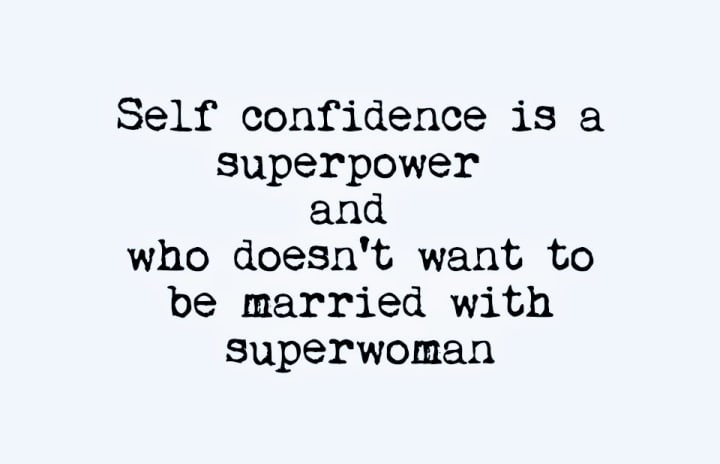
Self-confidence VS Intimidation
Self-confidence: When I have confidence in myself, I act with calmness and feel comfortable enough to allow my partner to express her opinions without forcing my own opinions on her
Intimidation: The first sign of lack of confidence in controlling behavior.
I try to control my partner's life as much as possible by intimidation, making her feel fearful or timid.
Examples of intimidation:
Threatening and intimidating behaviors can be words, actions, or implied threats that cause reasonable fear of injury to my health and safety or property.
NOTE: Threats or actual violence are never a part of a healthy relationship and should never be tolerated.
Summary
A healthy relationship has the power to bring out the best in you and make you feel good about yourself.
That said, a healthy relationship does not mean a "perfect" relationship, and no one is healthy 100% of the time, but there are behaviors you should strive for in all your relationships.
Healthy relationships manifest themselves through healthy communication, healthy boundaries- a comfortable pace that feels enjoyable, a sense of trust/ confidence that your partner won't do anything to hurt you or ruin the relationship.
You feel that you have space to be yourself outside of the relationship, and you and your partner value one another's beliefs and opinions and love one another for who you are as a person.
In every healthy relationship, you will feel comfortable setting boundaries and confidence that the other person will respect those boundaries.
You will know that they got your back when you want to achieve something, and most importantly they are not afraid of showing how much they appreciate you.
My ability to engage constructively in relationships is not something I was born with. It is something I have cultivated over years of trial and error, and so can you!
Thank you for taking the time to read this. I hope this was helpful.
If you like to be the first to receive more articles like this and create the best version of yourself, consider following me or drop in to say hi on Instagram.
About the Creator
Carlos Vettorazzi
Nursing science educator currently building a community that educates, empowers, and enables people to be the best version of themselves.






Comments
There are no comments for this story
Be the first to respond and start the conversation.